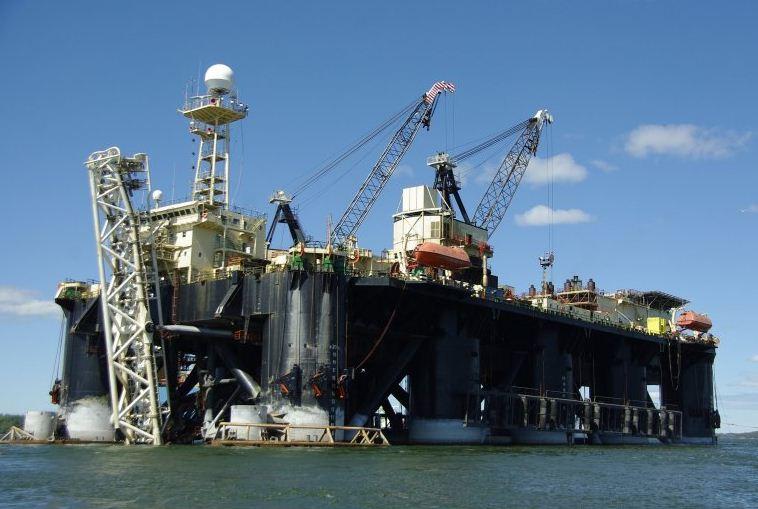
EUROPE WANTS TO PAY MORE - 2

Russia's divide-and-rule strategy threatens to sour summit talks in Brussels this week after Italy linked the extension of sanctions on Moscow to a debate of a Gazprom gas pipeline project, diplomats said.
In theory, the European Union is pursuing a single energy market, based on the needs of all 28 EU nations. It is also meant to be united against Russia as it seeks to defend the interests of Ukraine following Moscow's seizure of Crimea in March last year.
In reality, Germany's desire for secure supplies of cheap gas, Italy's interest in marketing energy major ENI's abundant new gas finds, and Baltic and eastern nations' wariness of Russian dominance make that unity fragile, EU diplomats say.
"Energy still remains a predominant tool in Russia's arsenal to gain political influence, divide Europe and weaken the common EU position on important energy issues," one EU diplomat said, speaking on condition of anonymity.
"Under normal conditions, pipelines are of commercial nature, but in Russia's case it is not just commerce, it implies a huge geopolitical dimension."
Russia's Gazprom and its European partners signed a shareholders' agreement on the Nord Stream-2 project in September, which would double the amount of gas directly shipped from Russia to Germany, cutting out traditional transit route Ukraine.
At the same time, it could detract from Italy's aspirations to be part of a southern gas hub.
Italy is sore over the demise of South Stream, another Russian project to circumvent Ukraine and supply gas to southern Europe, which could have benefited Italy, but was dropped last year after Russia cited difficulties with EU law.
European Vice President for Energy Maros Sefcovic said earlier this month Italy had asked the European Commission to impose the same rules on Nord Stream as it had on South Stream.
"The main reason (Prime Minister Matteo) Renzi held up approval of sanctions rollover was he wanted to ensure discussion of Nord Stream-2," one diplomat said.
Renzi's office in Rome did not respond to requests for comment and a German diplomat said only that Nord Stream was "an entrepreneurial project, in which the German state does not participate".
Traditionally close to Russia, Italy was not a signatory of a letter complaining about Nord Stream that was sent to the Commission last month, calling for summit-level debate on the pipeline, which it said was at odds with EU single energy market law.
The final letter had the backing of Estonia, Hungary, Latvia, Lithuania, Poland, Romania and Slovakia. An earlier draft also named Bulgaria, the Czech Republic and Greece.
Sefcovic acknowledged receipt of the letter and said the Commission was working on a reply.
Scrutiny of EU law relevant to Gazprom has already tied up Commission lawyers for years.
Diplomats do not expect any resolution of the Nord Stream issue at this week's summit talks on Thursday and Friday, while lawyers predict that in time any Commission decision will be as much political as legal.
"The decision on whether or not a pipeline qualifies for an exemption from EU law has always been very political," said one senior energy lawyer.
Meanwhile, diplomats say sanctions against Russia will be extended and that Renzi's intervention had made little difference to that debate.
-----
More:





